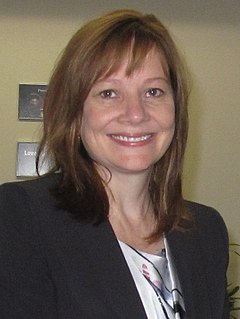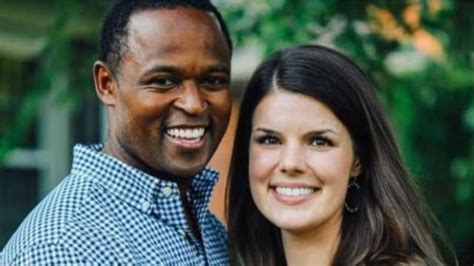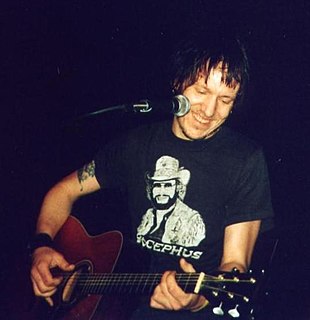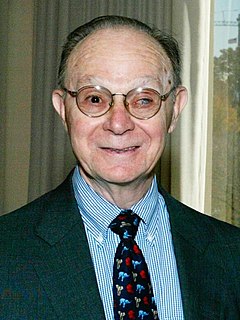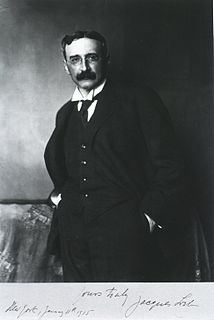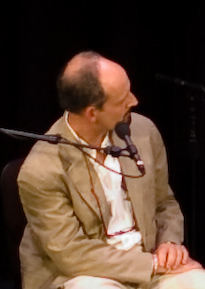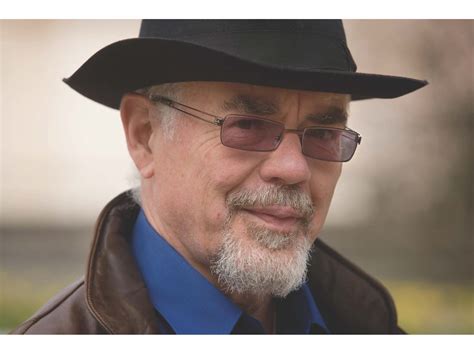A Quote by Richard Lewontin
My general impression about people like Steve Gould and Carl Sagan and so on is that when they disappear as individuals and are no longer appearing on the stage and they are no longer writing, that their lifetime of acknowledgement by the general reading public is not very long... There were many people in the 19th century who were equally famous people who gave working man's lectures, supporters of Darwin, we as scholars know their names but the general public never heard of them.
Quote Topics
About
Acknowledgement
Appearing
Century
Darwin
Disappear
Equally
Famous
Famous People
Gave
General
General Public
Heard
Impression
Individuals
Know
Lectures
Lifetime
Like
Long
Longer
Man
Many
Names
Never
People
Public
Reading
Sagan
Scholars
Stage
Steve
Supporters
Them
Very
Were
Working
Working Man
Writing
Related Quotes
I can say with absolute confidence that the general public of Burma would be very little affected, if at all, by sanctions. So far, the kind of investments that have come in have benefited the public very little indeed. If you have been in Burma long enough, you will be aware of the fact that a small elite has developed that is extremely wealthy. Perhaps they would be affected, but my concern is not with them but with the general public.
Philosophers feel a little more cautious about letting down their technical guard lest the general public doesn't recognize their special credentials. It's the fact that philosophy is of general interest that, paradoxically, keeps philosophers from wanting to speak in a way that's accessible to the general public.
It was great to go to Stanford. Until that point, I'd spent my whole life in southeast Michigan, working for General Motors. I was in a different part of the country. People didn't know what General Motors was, didn't care, or if they did, they might not have had a favorable impression. I saw people driving nondomestic vehicles.
Underground comics were produced by individuals - they were the auteur variety, rather than the production-line sort of comic book aimed at pleasing a vast general audience. Mainstream comics never appealed to me: they seemed sterile in their stylistic consistency, and were quickly consumed, the stories interesting only for so long as you were reading them.
Most people will reach a point where, whatever their ideology, they will relent, or conform, and that keeps them kind of in the general mass of people. And for those who find that they can't, all of sudden they leave the general mass, they find that they become exceptions, and exceptional, and often this makes them public.
The general public doesn't know and probably doesn't care about punctuated equilibria nor indeed should they, or the greenhouse effect on some other planet - they barely have the ability to cope with the greenhouse effect on their own planet. So I think you have to distinguish between the broad visibility of a scientist when he or she is speaking to a general public and trying to address general issues and the continued position that a scientist may have into the history of a particular subject.
And indeed when we are no longer in love with women whom we meet after many years, is there not the abyss of death between them and ourselves, just as much as if they were no longer of this world, since the fact that we are no longer in love makes the people that they were or the person that we were then as good as dead?
Milton Friedman had the grace and good sense to recognize that he wanted to talk to the general public. He wasn't going to just lecture to the people who happened to appear in his classroom in Chicago or on some lecture circuit. He went out to talk to the general public, believing that you had to convince a democratic nation to change its ways, and he succeeded to a considerable extent.
That was a general impression that one got, that she [Eleanor Roosevelt] was always flitting around the country and descending on some place in the Ozarks that she decided was disadvantaged, and announcing that something had to be done. And she had a very active social conscience, which I think in general is to her credit, although it tended, as many people thought, to just be overdone to the point where it gave rise to this crack that she regarded the whole world as one vast slum project






